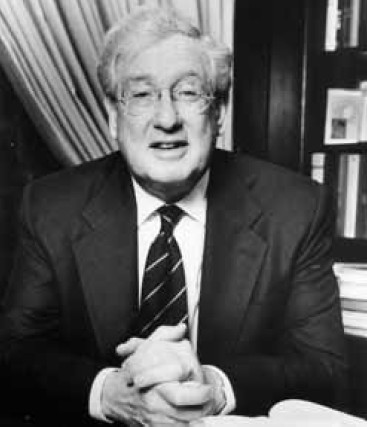The Schusterman Center for Israel Studies and the Center for Jewish History
Launch New Institute for Advanced Israel Studies
New York, NY (July 11, 2024)
The Schusterman Center for Israel Studies at Brandeis University, with support from the Center for Jewish History in New York, recently announced the creation of the Institute for Advanced Israel Studies. The new institute, based at Brandeis, brings together a diverse group of fellows who are engaging in cutting-edge scholarship, workshops, and conferences.
The theme for the inaugural year is "Israeli Democracy Past and Present." Fellows have been exploring the various strands and global contexts of Israeli political ideologies, tracing their genealogies, and highlighting the significance of these histories for contemporary debates. The fellows have also been participating in scholarly workshops, public presentations, and a recently held two-day conference.
Dr. Gavriel Rosenfeld, President of the Center for Jewish History, expressed his enthusiasm for the initiative, stating, "The Institute for Advanced Israel Studies represents a significant step forward in fostering a deeper understanding of Israeli democracy. By bringing together a diverse cohort of scholars, the Institute illuminates the complex histories and ideologies that shape contemporary debates in Israel and beyond."
At this year’s conference held at Brandeis University in April, fellows examined various aspects of Israeli democracy, including Israeli Palestinian political identity, the influence of constitutionalism on Zionist thought, the recent debate on Israel’s judicial reforms, and the impact of the October 7th Hamas attacks on the nature of democracy in the region.
Thirteen distinguished scholars participated in the two-day conference from their home institutions in the United States, the Netherlands, and Israel.
Professor Alexander Kaye, Director of the Schusterman Center for Israel Studies and the Karl, Harry, and Helen Stoll Chair in Israel Studies at Brandeis University added: “What is often missing from public discourse about Israel is something which involves deeper, historically rooted, research-based discussions. With our wide network of researchers and scholars, that is something we can offer. Our goal for the conference was the understanding that context is essential for understanding what is unfolding in Israel and Palestine at this moment. If there is one cause for optimism for me, it’s these kinds of communities and these kinds of conversations.”
The program and recordings are now accessible to the public. Conversations between select participants in the conference are available on the Tel Aviv Review podcast.
We are excited about the progress made by the Institute and look forward to its continued success in advancing the field of Israel Studies.




